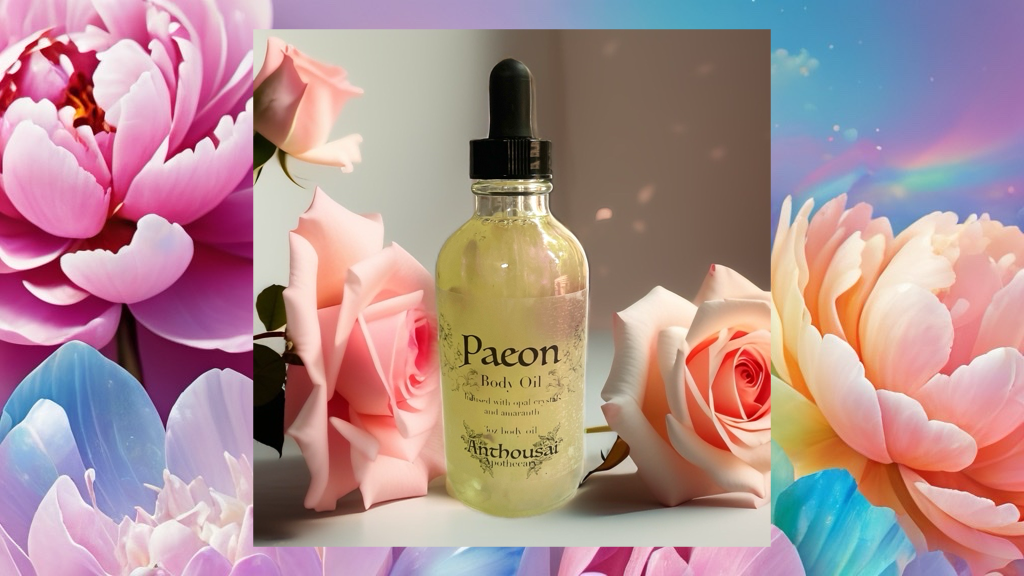
Body oils have become a go-to solution for soft, nourished skin. Their rich, moisturizing properties make them a must-have for body care routines. But what about using body oil on your face? Is it a multitasking miracle or a recipe for disaster? Let’s break it down and explore when it might be okay—and when it’s best avoided.
Understanding the Differences Between Facial and Body Skin
The skin on your face and body serves the same purpose: protecting you from the environment while maintaining hydration. However, they have distinct characteristics that affect how products interact with them.
Facial Skin Needs
Facial skin is thinner and more delicate, making it prone to irritation, sensitivity, and breakouts. It also has more sebaceous glands, which means it’s more reactive to heavy, pore-clogging oils.
Body Skin Characteristics
On the other hand, body skin is thicker and can handle richer, heavier formulations. It’s less likely to experience breakouts and often benefits from deeply moisturizing products to combat dryness.
How Facial and Body Oils Differ
The difference between facial and body oils comes down to formulation.
Key Ingredients in Facial Oils
Facial oils are formulated with lightweight, non-comedogenic ingredients like rosehip or jojoba oil. These oils absorb quickly, balance the skin’s natural sebum production, and provide soothing benefits without clogging pores.
Key Ingredients in Body Oils

Body oils, like Anthousai Apothecary’s Goddess Oils, often include emollient-rich ingredients such as sunflower oil and evening primrose oil. These oils are deeply hydrating and ideal for locking in moisture on thicker body skin. They are designed to glide over larger areas, offering a nourishing, luxurious experience.
When Body Oil Can Be Used on Your Face
While most body oils are designed specifically for body skin, some high-quality options, like Anthousai Apothecary’s Goddess Oils, can work on your face under the right circumstances.
Suitable Scenarios
- High-Quality Ingredients: If the oil contains clean, non-comedogenic plant-based ingredients, it may be safe for facial use.
- Patch-Test Success: Always patch test first on a small area, like behind your ear, to check for irritation.
- Dry or Mature Skin: Skin that craves intense hydration may benefit from richer body oils, especially during cold weather.
Face-Friendly Body Oils
Look for products free of synthetic fragrances and harsh additives. The Goddess Oils by Anthousai Apothecary, with their blend of sunflower, evening primrose, camelina, and meadowfoam oils, are gentle and nourishing. These ingredients are naturally packed with vitamins and antioxidants that promote healthy, hydrated skin.
When to Avoid Using Body Oil on Your Face
Despite their versatility, not all body oils are suitable for facial use.
Red Flags to Watch For
- Synthetic Additives: Oils with synthetic fragrances or preservatives can irritate sensitive facial skin.
- Heavy Formulations: Rich, thick oils might clog pores, especially on acne-prone or oily skin.
- Signs of Irritation: If you notice redness, bumps, or discomfort after patch testing, it’s best to avoid using the oil on your face.
How to Safely Use Body Oil on Your Face
If you’ve determined your body oil is safe for facial use, follow these steps to ensure optimal results:
- Start with Clean Skin: Wash your face with a gentle cleanser to remove dirt and makeup.
- Patch Test: Apply a small amount of oil behind your ear and monitor for 24 hours.
- Use Sparingly: Apply just 2–3 drops of oil to your face.
- Warm the Oil: Rub the oil between your palms to activate its properties.
- Press, Don’t Rub: Gently press the oil into your skin to avoid irritation.
- Seal in Moisture: Apply the oil as the last step in your skincare routine to lock in hydration.
Alternative Solutions for Facial Hydration

If you’re hesitant about using body oil on your face, consider oils specifically designed for facial use. Look for ingredients like:
- Rosehip Oil: Helps with skin regeneration and reduces the appearance of scars.
- Squalane: A lightweight, non-greasy option that mimics your skin’s natural oils.
For those who want a holistic approach, Anthousai Apothecary’s Goddess Oils can still shine in your routine. While ideal for the body, they can also double as a luxurious hair treatment or a calming massage oil.
Conclusion
Using body oil on your face is not a one-size-fits-all solution. While some high-quality, natural oils like Anthousai Apothecary’s Goddess Oils can be versatile, it’s essential to understand your skin type and the product’s ingredients.
Always patch test, listen to your skin, and prioritize its unique needs. Whether you choose a body oil, a facial oil, or both, the goal remains the same: radiant, nourished skin that makes you feel like a goddess every day.
